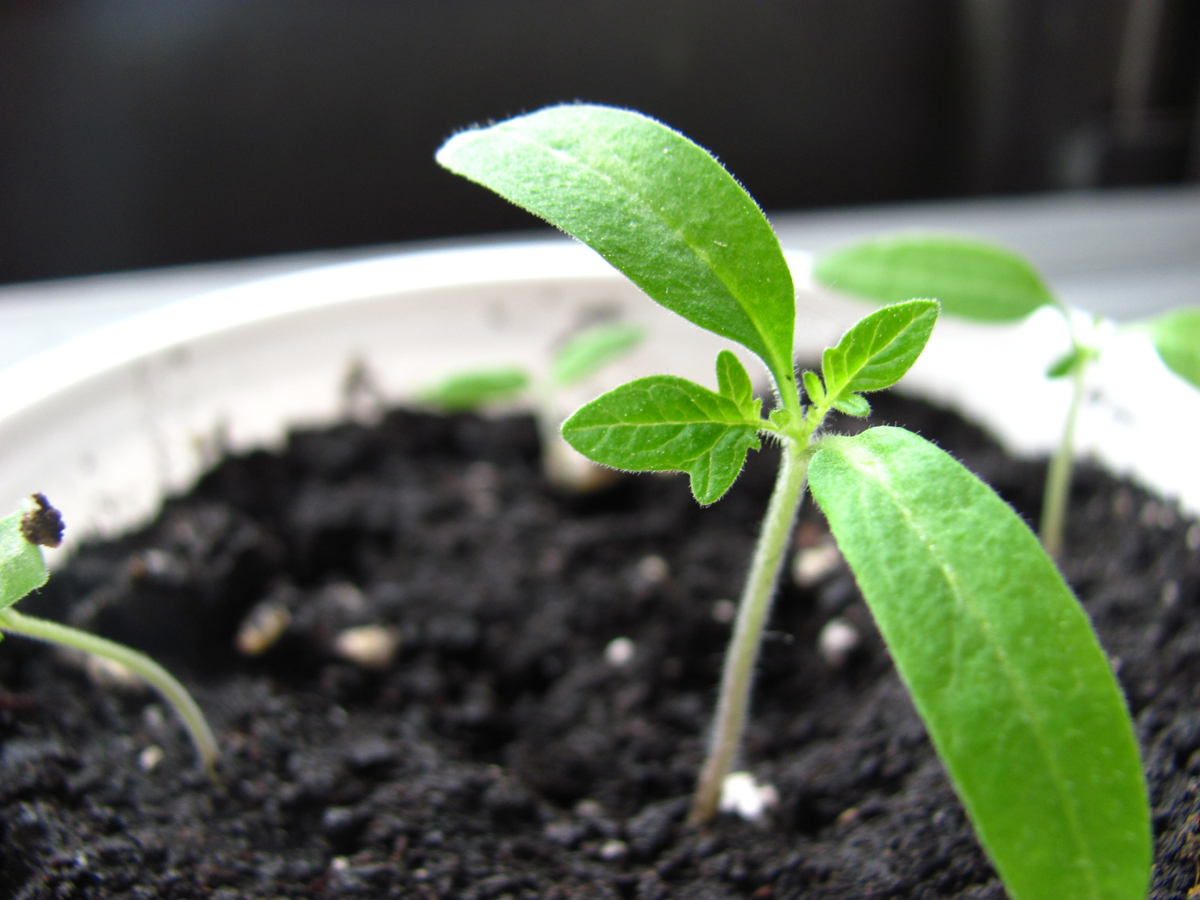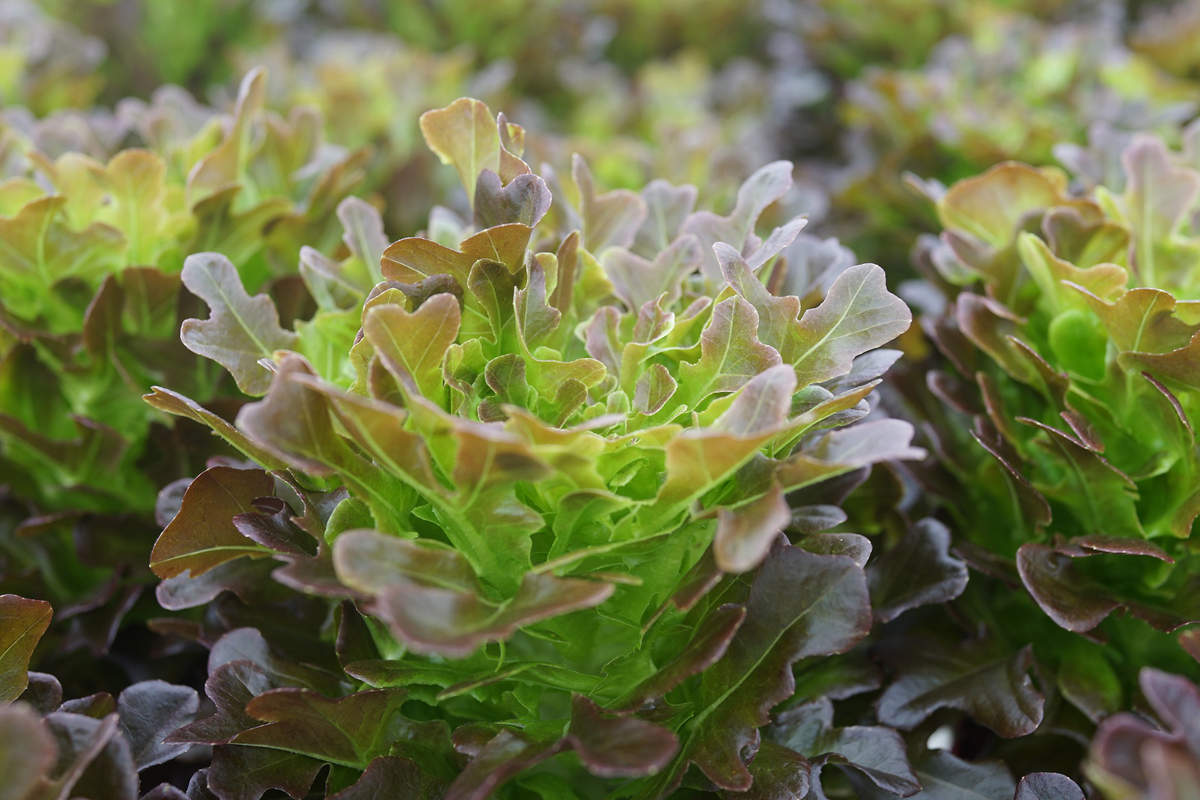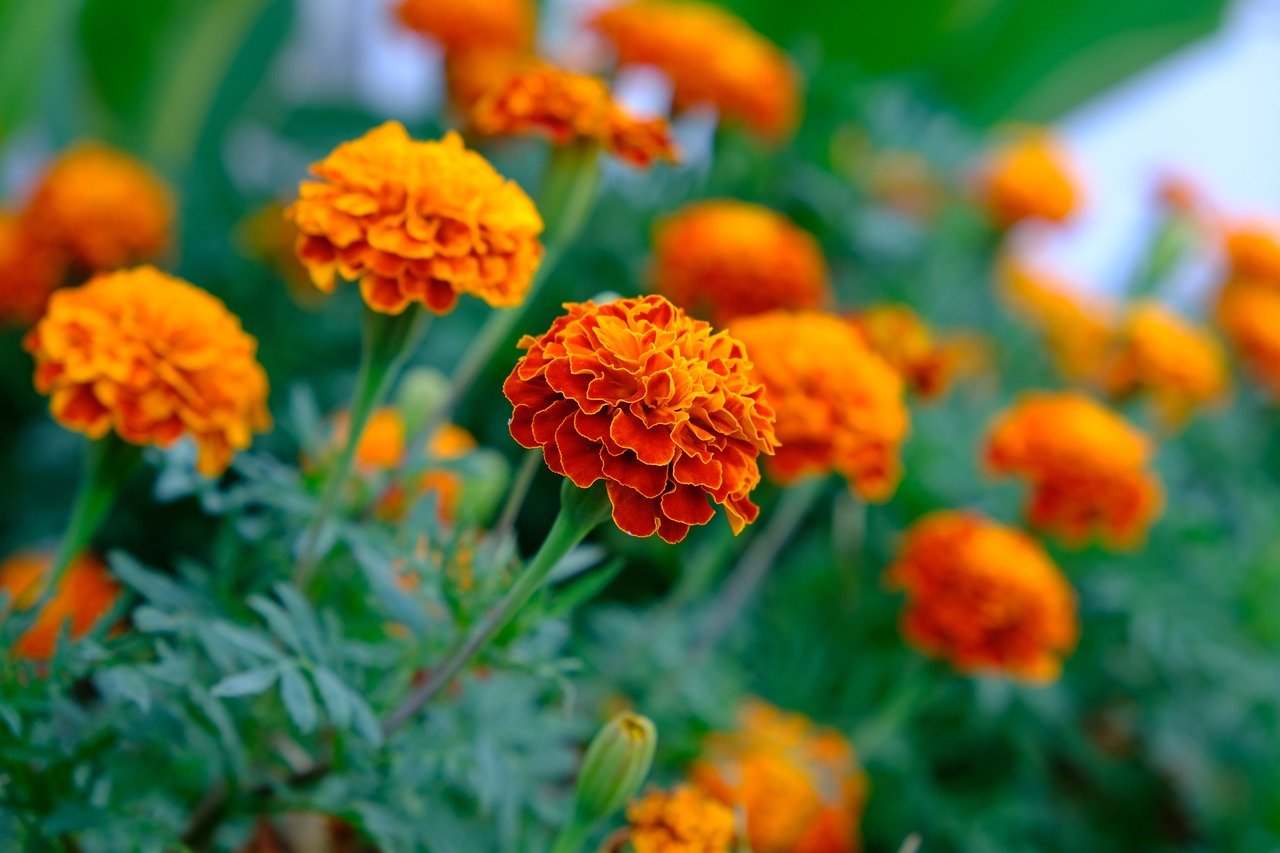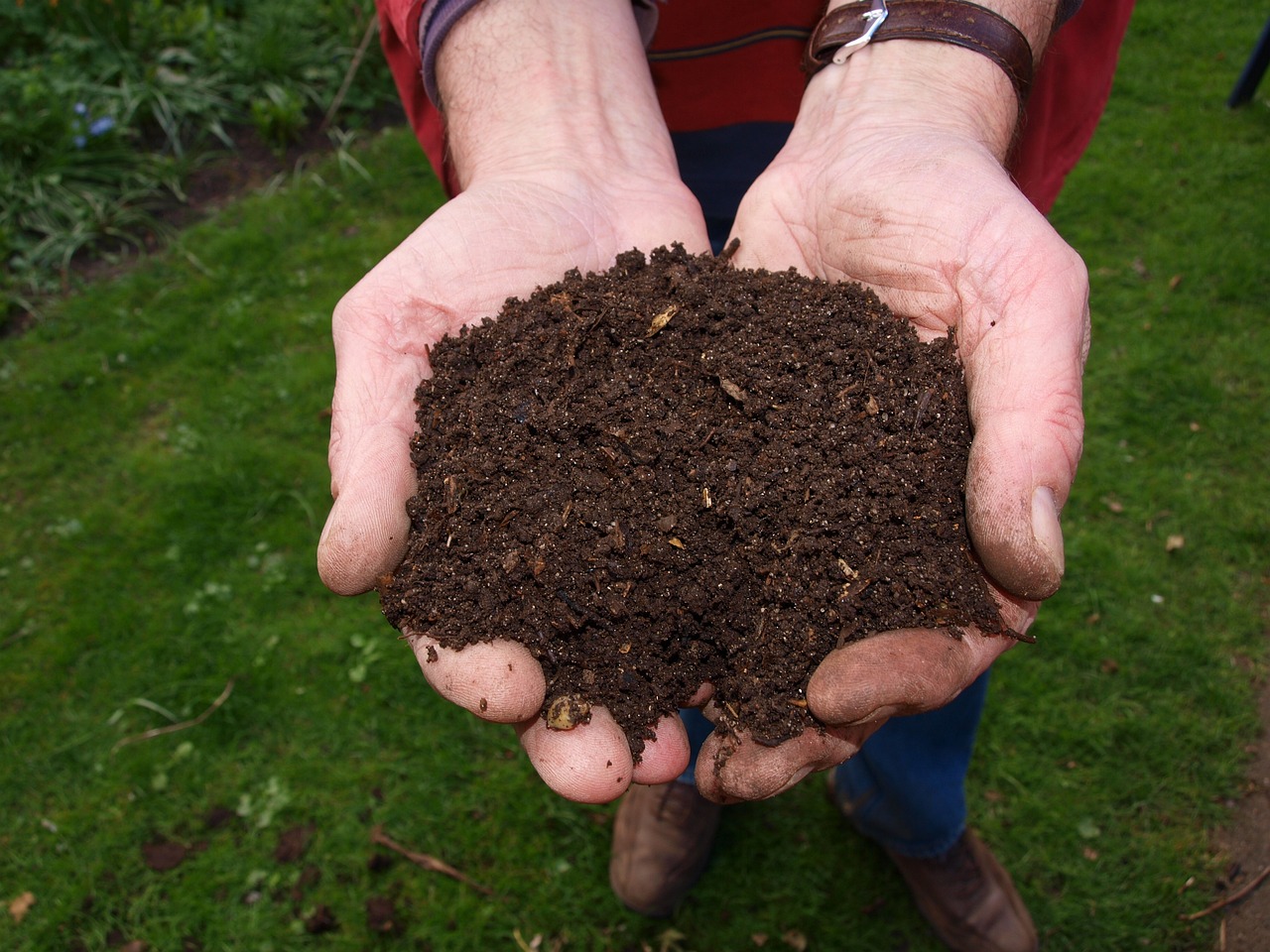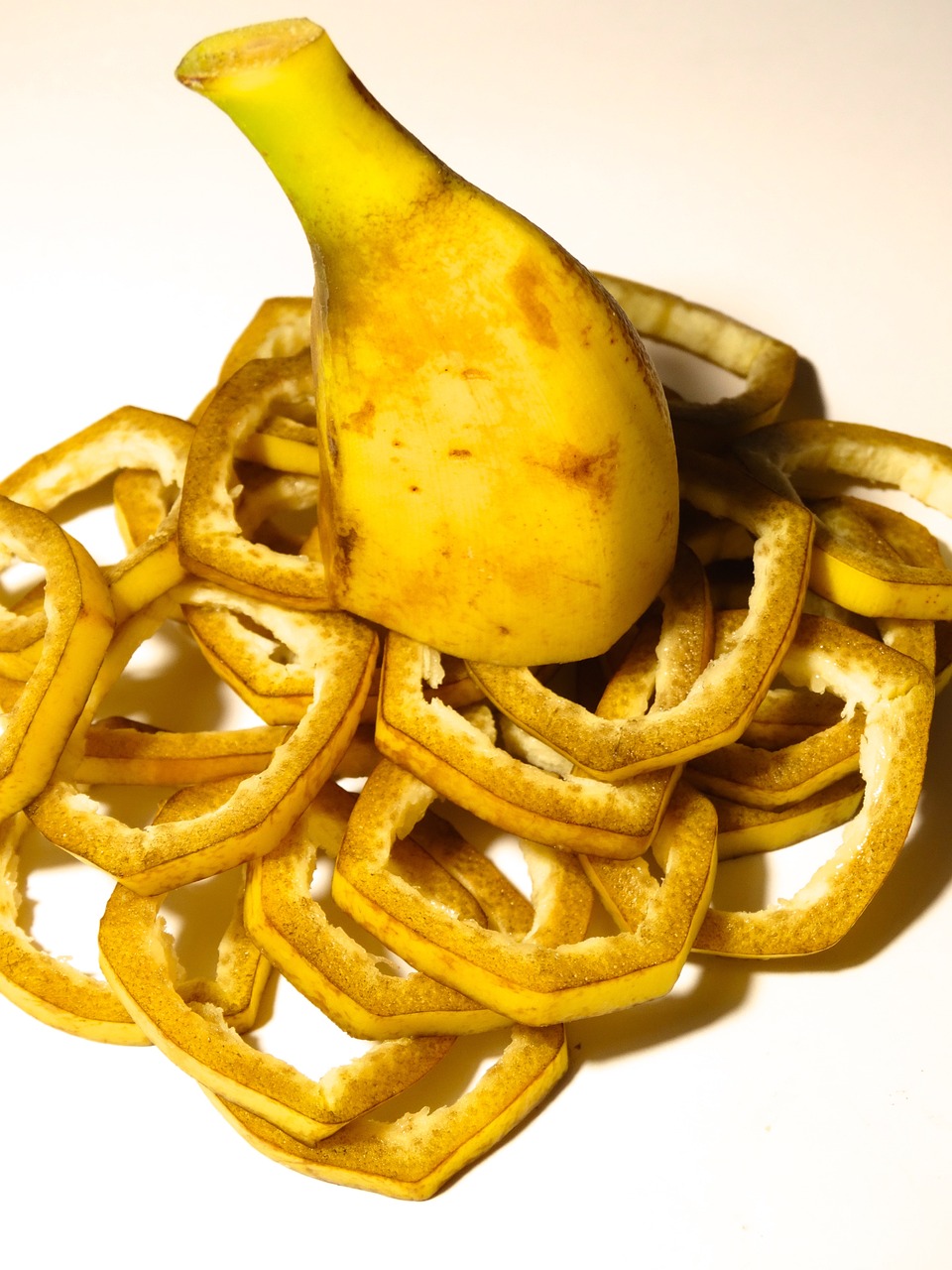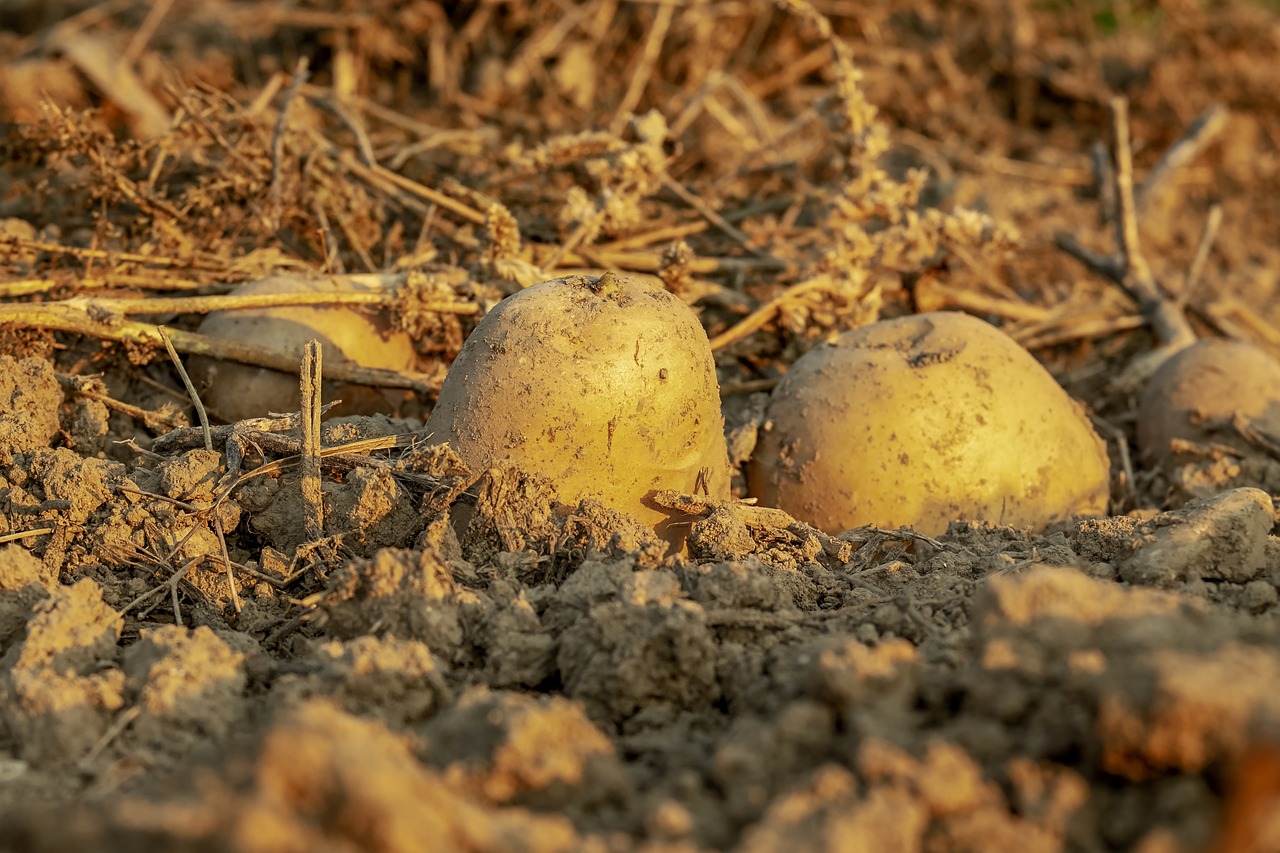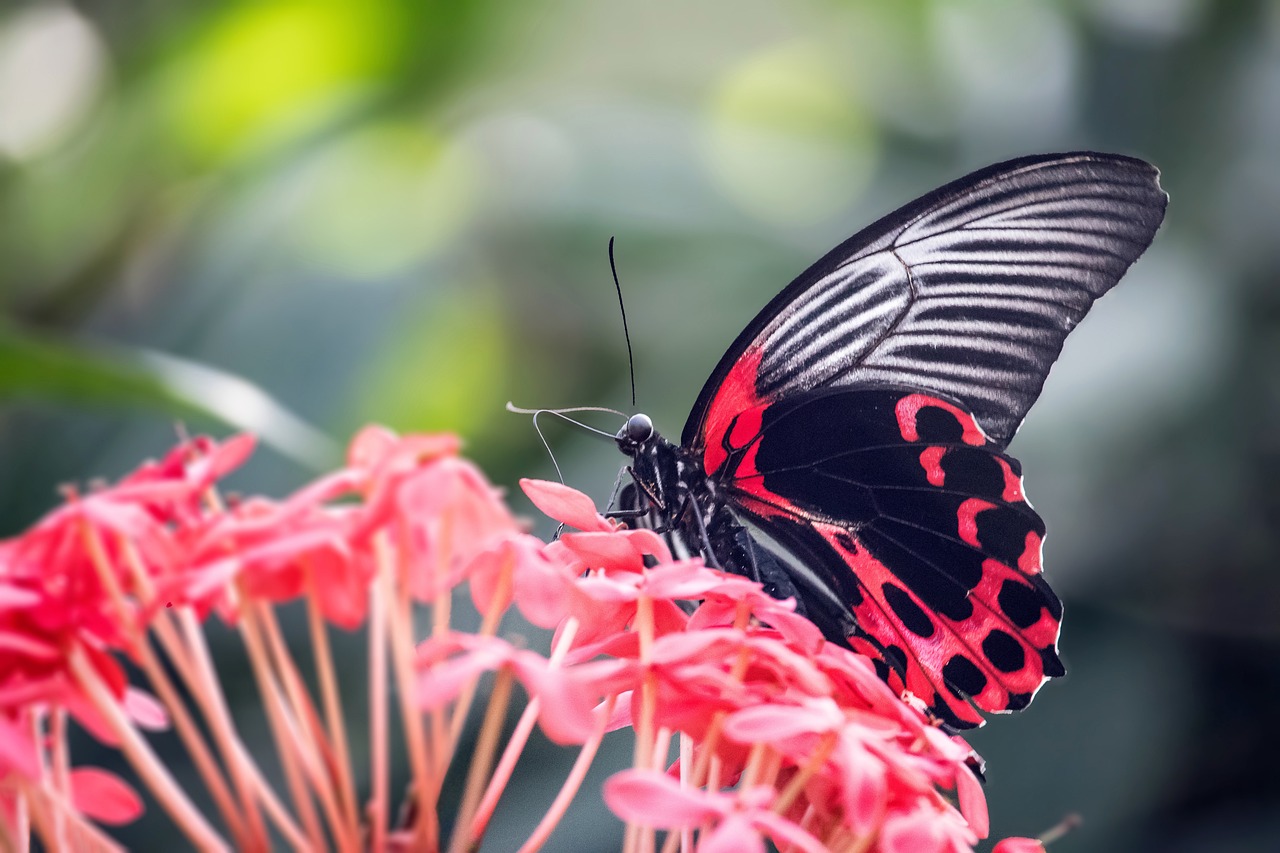Raw Manure May Harm Your Plants
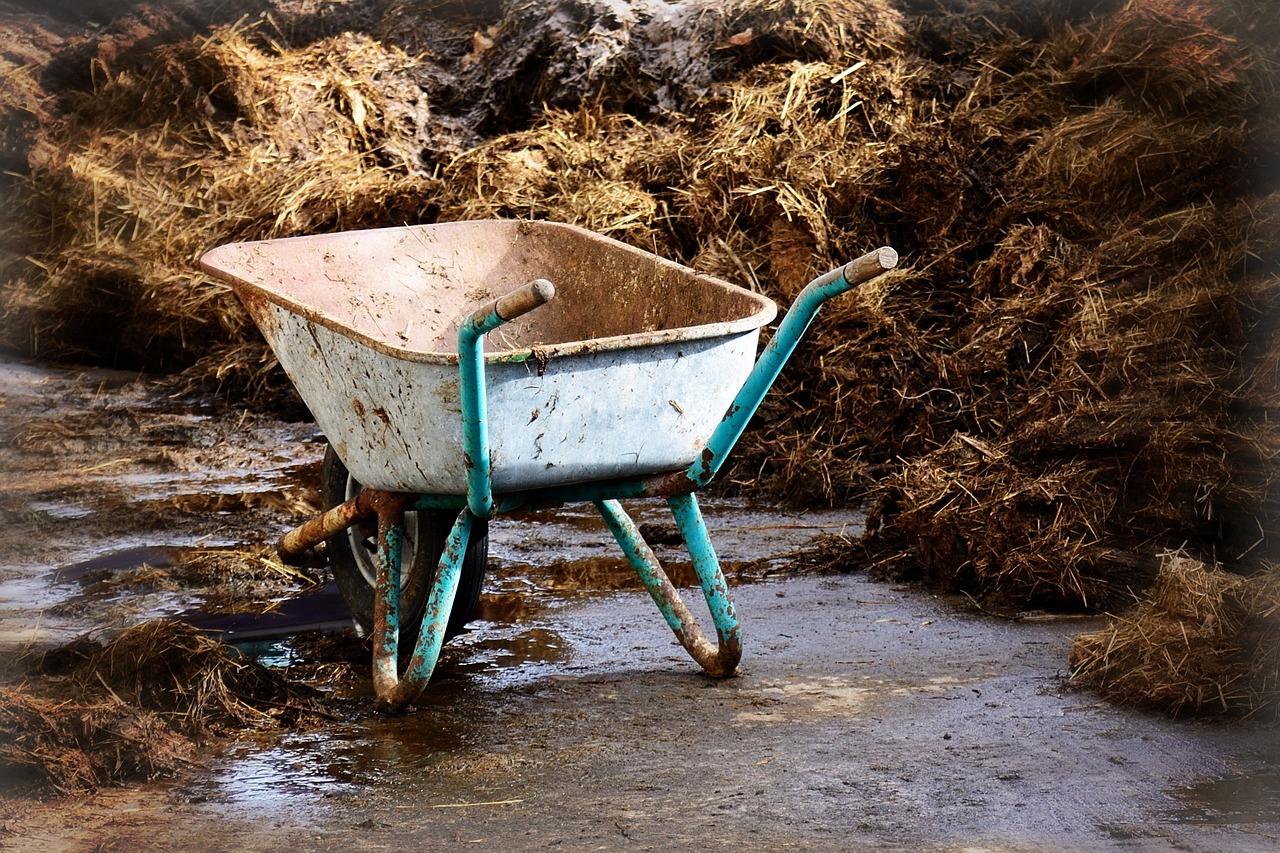
It is a well known fact that using animal manure as a fertilizer in your garden is an asset to the soil. Farmers and organic gardeners have been using manure as a fertilizer for hundreds of years. My father and grandfather used manure in their gardens because it was cheap and plentiful, and was basically the only fertilizer available back then. But, did you know, however, that some manure will not only burn your plants but may also kill them?
Why Manure is Used
Manure is used as an organic fertilizer due to its nitrogen, phosphorus and potassium nutrient levels, including all the trace elements a plant needs in order for it to grow. Although these nutrients, under normal circumstances, are already in the ground, after a few years of plantings these nutrients can be drastically depleted. When this happens, the soil either needs to be replenished, or allowed to rest for a couple of years, with no plantings taking place. This is a long time to wait for the soil to build up these lost nutrients and bring them back to an acceptable level. This is not a viable practice for most farmers and organic gardeners because the same garden area will be replanted every year.
In Europe manure spreading machines and manure spraying equipment is a common sight, is this practice something we need to consider doing more often here,we have the horses and cattle, so why not use the organic manure resources that we have to grow our produce?
Common Types of Manures
Chicken manure, although considered one of the best fertilizers, is also one of the most harmful to your plants if used incorrectly. Chicken manure is higher in nitrogen than cow or horse manure and therefore, spreading chicken manure around your plants, or adding the manure when planting,will burn the young tender roots and could kill the plant. Use extreme caution using raw chicken manure! I would recommend composting chicken manure, or tilling it into the soil at least 3 to 6 months before you start planting. Tilling in will allow the chicken manure to decompose naturally and become an excellent source of organic fertilizer.
Cow manure, horse manure, and rabbit manure are also used as a fertilizer for organic gardening. Although the nitrogen content from these animals is not as high as chicken manure, there still may be a hazard when the manure is spread on top of the ground and around the plant, or if it comes in direct contact with the roots. The mildest of these is rabbit manure and can be applied safely around you plants, but make sure that direct contact with the roots is avoided. Nitrogen content in manures depends on how the animal is fed, and what the animal is fed. Without this information, you will not be able to determine the level of nitrogen that you are putting into your garden. My recommendation is to always compost the manures you are going to use in your garden.
3- Nitrogen’s Importance for Plant Growth
Nitrogen is a key growth element that is converted by bacterial and microbial actions so the plant can absorb the nutrients through its root system. In order for this action to take place, conditions must be just right. Weather plays a big role in determining this. If you spread manure on your garden after you have planted and it’s cool and rainy, the bacteria that turn’s the manure into nutrients is slowed and drastically reduced. If, however, you have sunny days and average rainfall, the bacteria and microbial action speeds up this activity and the nutrients are released into the ground at a faster rate.
4- Be Cautious Using Raw Manure
When fertilizing your organic garden using fresh manure, it is best to choose the safest solution to avoid the possibility of burning your plants. First, make sure the soil needs the nutrients you are adding. Tilling the manure into the ground will help to cut down on the evaporation process. Another way to make sure the manure is safe is to use is to add it to your compost pile and let nature and the microbes do the work for you.
5- Final Note
Make sure to water the soil periodically if the rainfall for your area is minimal. It is a good idea to till the ground several times during this interval before planting. If you grow in raised beds as we do, we usually add the manure to our beds in the late fall in trenches about 8 inches deep, mixing the manure into the soil. Our surrounding neighbors have horses and cows, this makes it easy to obtain manure for our organic garden. Finally, be sure to test the soil again to check the nutrient levels before planting.
All the above manures can also be made into a compost tea and creating a liquid organic fertilizer that can be applied as drench or topical spray. Just make sure the manure is not in its raw state.
Happy Organic Gardening!
The Author:
John Prall

